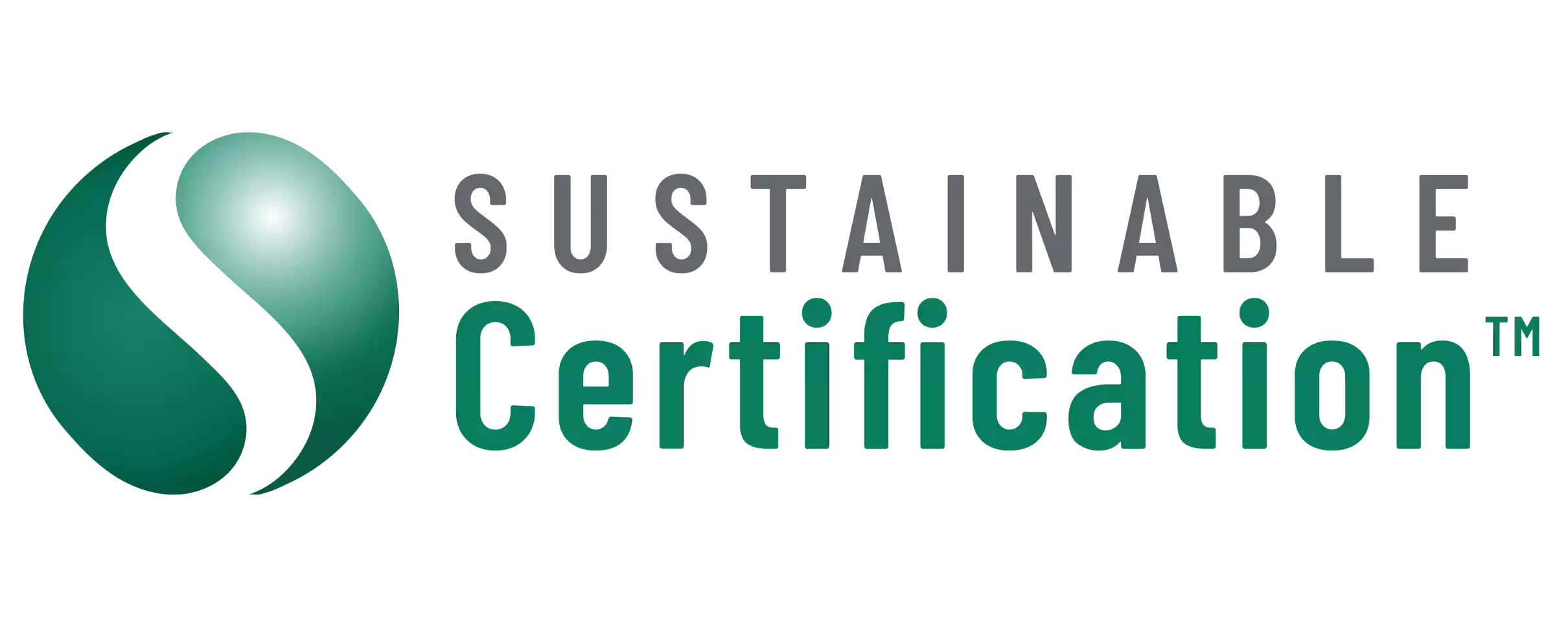How Does ISO 9001 Certification Help Start-up Businesses
Launching a new business in Australia can be both exciting and overwhelming. Start-ups face financial pressures, fierce competition, and operational challenges. To survive beyond the early stage, strong systems are necessary to manage quality, meet customer expectations, and compete with established players. Implementing ISO 9001 certification for startups gives young businesses a recognised framework to build resilience and credibility while driving growth.
This article outlines how ISO 9001 for start-up businesses delivers practical advantages and why more Australian founders are pursuing certification.
Why ISO 9001 Matters for Start-ups
ISO 9001 provides start-ups with a structured framework to manage quality, reduce errors, and meet customer expectations. By implementing these standards early, young businesses can build credibility, improve operations, and position themselves for sustainable growth. The following benefits highlight how ISO 9001 supports start-up success.
Establishing Trust and Credibility
For new businesses, credibility is often the biggest challenge. Without a track record, attracting investors, suppliers, and customers can be difficult. Start-up ISO 9001 certification demonstrates a commitment to quality management and customer satisfaction. Businesses that comply with ISO 9001 quality management standards show they operate reliably and consistently.
Certification assures stakeholders that processes are structured, documented, and regularly reviewed. This enhances confidence in the start-up’s ability to deliver products or services at the expected level of quality. For many young companies, achieving ISO 9001 certification for startups is a strategic step in establishing trust in competitive markets.

Driving Operational Efficiency
Operational efficiency is essential for start-up survival. ISO 9001 requires businesses to define, document, and monitor core processes. By standardising workflows and clarifying responsibilities, start-ups can reduce waste, minimise errors, and improve productivity.
Integrating these practices as part of ISO 9001 benefits for startups allows leaders to identify inefficiencies and implement corrective actions systematically. Start-ups can also factor in ISO 9001 certification costs in Australia as part of long-term planning, balancing upfront investment against operational improvements. The framework ensures that ISO 9001 certification for startups delivers tangible process efficiencies from the outset.
Meeting Compliance Requirements
Many industries impose regulatory requirements that start-ups must navigate. While ISO 9001 certification does not replace legal obligations, it aligns quality management systems with compliance standards.
Implementing ISO 9001 for start-up businesses helps create documented processes that simplify audits and inspections. Following guidance on how ISO 9001 can help improve quality and performance provides a structured approach for maintaining compliance and demonstrating operational maturity. Ensuring regulatory alignment is one of the critical ISO 9001 benefits for startups, particularly for sectors with high oversight.
Building a Culture of Continuous Improvement
ISO 9001 fosters a culture of continuous improvement through regular audits, management reviews, and performance monitoring. This ensures that start-ups consistently evaluate processes, identify gaps, and implement corrective measures.
Adopting start-up ISO 9001 certification principles helps leaders set measurable objectives and monitor progress. Embracing process-based thinking in ISO 9001 encourages systematic evaluation, enabling start-ups to refine operations and maintain quality standards as they grow. Continuous improvement is a key differentiator and one of the most valuable ISO 9001 benefits for startups.

Expanding Market Opportunities
Certification provides commercial advantages by demonstrating that a start-up has structured, reliable systems in place. Many procurement processes and international business requirements specify ISO 9001 as a precondition for engagement, ensuring suppliers meet consistent quality standards.
Achieving certification not only allows businesses to compete for contracts and partnerships that demand verified quality management but also helps them implement best practices efficiently. Guidance on simplifying ISO 9001 certification for leaders offers practical advice for establishing processes, documenting procedures, and maintaining compliance, making it easier for start-ups to access these strategic opportunities.
Financial Advantages of ISO 9001 for Start-ups
Start-ups often struggle with cash flow, so every investment must show value. While certification has upfront costs, it delivers measurable financial returns through efficiency gains, reduced rework, and improved customer retention.
Financially, adopting ISO 9001 benefits for startups improves resource allocation and reduces inefficiencies, helping to protect margins during critical early stages. The structured approach also signals operational maturity to investors, enhancing confidence and potential funding opportunities.
ISO 9001 and Investor Confidence
Investors and partners evaluate a start-up’s ability to scale reliably. Start-up ISO 9001 certification demonstrates that leadership has implemented robust management systems, reducing perceived risk and strengthening credibility during negotiations.
Maintaining certification shows an ongoing commitment to quality and structured management, providing assurance to stakeholders about long-term viability. Organisations exploring this process can connect through the contact page to receive guidance on initiating certification. Confidence from investors and partners is a less obvious but significant ISO 9001 benefit for startups.
Key Takeaways
Start-ups face multiple challenges in early growth stages, but adopting structured systems mitigates risk and improves operational performance. ISO 9001 certification for startups offers:
- Enhanced credibility with clients, investors, and partners
- Streamlined processes and improved operational efficiency
- Alignment with regulatory and compliance requirements
- Continuous improvement embedded in the company culture
- Access to markets and business opportunities requiring certification
- Financial benefits through reduced errors, improved productivity, and investor confidence
Australian start-ups that implement ISO 9001 standards position themselves for sustainable growth. Certification is a strategic investment in quality, efficiency, and credibility, not just a procedural requirement.
What is ISO 9001 certification for start-ups and why is it important?
ISO 9001 certification for start-ups is a recognised standard for implementing a quality management system (QMS). It provides a structured approach to managing processes, ensuring consistency, and meeting customer expectations. Achieving certification demonstrates credibility and signals to investors, partners, and clients that the business operates reliably and prioritises quality.
How does ISO 9001 help improve operational efficiency in a new business?
ISO 9001 for start-up businesses requires clear documentation of processes, defined responsibilities, and performance monitoring. This reduces errors, eliminates duplication, and improves workflow clarity. As a result, start-ups can operate more efficiently, reduce waste, and focus resources on activities that generate value.
Can start-ups achieve ISO 9001 certification without prior quality management experience?
Start-up ISO 9001 certification is designed to be accessible to businesses of all sizes, including those without previous quality management experience. Resources such as simplifying ISO 9001 certification for leaders provide step-by-step guidance for establishing processes and meeting certification requirements.
What are the main costs associated with ISO 9001 certification for start-ups in Australia?
Costs vary depending on business size, complexity, and the certification body. They typically include initial assessment fees, implementation expenses, documentation preparation, and annual surveillance audits. Understanding ISO 9001 certification costs in Australia helps start-ups budget appropriately and plan for long-term quality management.
How does ISO 9001 certification impact a start-up’s access to new markets and clients?
Certification can be a prerequisite for certain contracts, tenders, and international business requirements. Achieving ISO 9001 benefits for startups ensures that processes meet recognised quality standards, making it easier to secure clients, enter competitive markets, and demonstrate operational reliability to partners.
